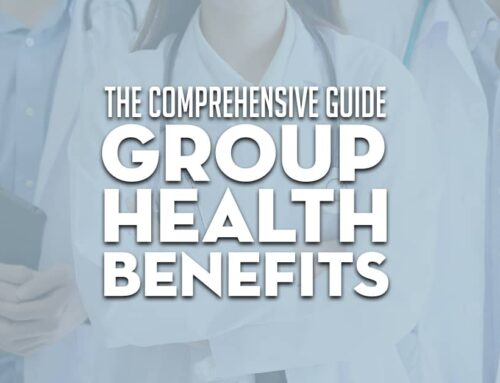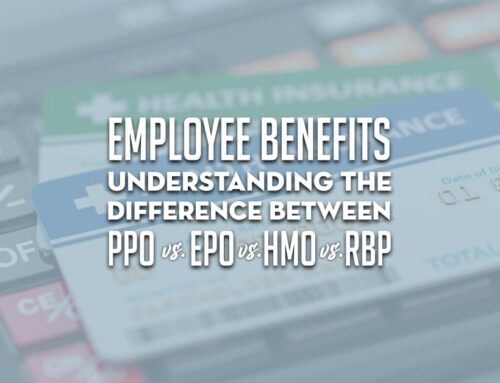Your small business needs medical insurance to ensure that you and all your employees can access professional, affordable healthcare. It ensures that you have the human resources to run your daily operations and enable everyone to perform at their best. But what exactly should you do to find the best group health insurance for your small business?
This guide will provide you with four practical tips about group health insurance plans for small businesses. The main goal is to strike a balance between maximizing business costs and acquiring high-quality, reliable healthcare.
- Compare cost factors and benefits
There are many kinds of cost factors and services offered in the health insurance marketplace. You can easily get overwhelmed by the choices and lose out on the best deals for your small business, which is why you need a valuable connection in the health insurance industry.
You need a professional medical insurance broker who can present you with cost-effective, comparable insurance plans. They can help you compare cost factors and find a group plan that offers the best compromise between price and health benefits. Doing so ensures that you can present employee benefits that you are proud to share with your small business.
- Check medical insurance provider’s partner hospitals
You should compare the registered hospitals and clinics stipulated in your group health insurance plan to find the best healthcare professionals and treatments you and your employees can enjoy.
Before signing any agreement, make sure that you make an initial inspection of the medical insurance providers’ partners. For instance, we at Abbot Benefits Group display all our medical partners on our group medical insurance page for your convenience.
You can also consult with our professional medical insurance brokers and professionals to answer any partner hospital-related queries.
- Get to know your employees’ health concerns
There are different kinds of health insurance benefits, and you need to connect them methodically with your employees’ health concerns. For example, you may have a large workforce of mostly men in their fifties, and they might have medical concerns regarding their prostate or heart health. That’s why you need to be open to hearing what your employees have to say.
Before consulting with a medical insurance broker, you can host a special meeting to hear your employees’ opinions on work safety and health concerns. Their insights will grant you the wisdom you need to make valuable requests on their behalf when you consult with a medical insurance provider. Hearing out your employees is the step in the right direction to provide inclusive and employee-oriented benefits for your business.
- Partner with a medical insurance broker who specializes in helping small businesses
One of the common pitfalls small business owners like you can make is to find health insurance plans in the wrong places, such as with providers that don’t know anything about small businesses. This costly move can increase your spending on employee benefits but not provide you with the quality healthcare you expect. That is why you need to find a valued ally, like our medical insurance brokers from Abbot Benefits.
Our insurance team at Abbot Benefits Group is a proud advocate of small-to-medium-sized businesses, offering high-quality employee benefits for over thirty years. Through our professional help, you can effectively navigate the health insurance marketplace and secure a group plan fit for your small business.
Conclusion
You can find the best group health insurance plan for your small business. You just need to connect with a valuable partner that has your best interests in mind to compare all the benefits and costs. Remember the previously mentioned tips and consult with a medical insurance broker today to get started.
Are you in need of a professional group health insurance broker in Houston? Consult with us today at Abbot Benefits Group. We can provide you with the best medical insurance plans for your small business. Partner with us to look after your employees’ health and well-being.





